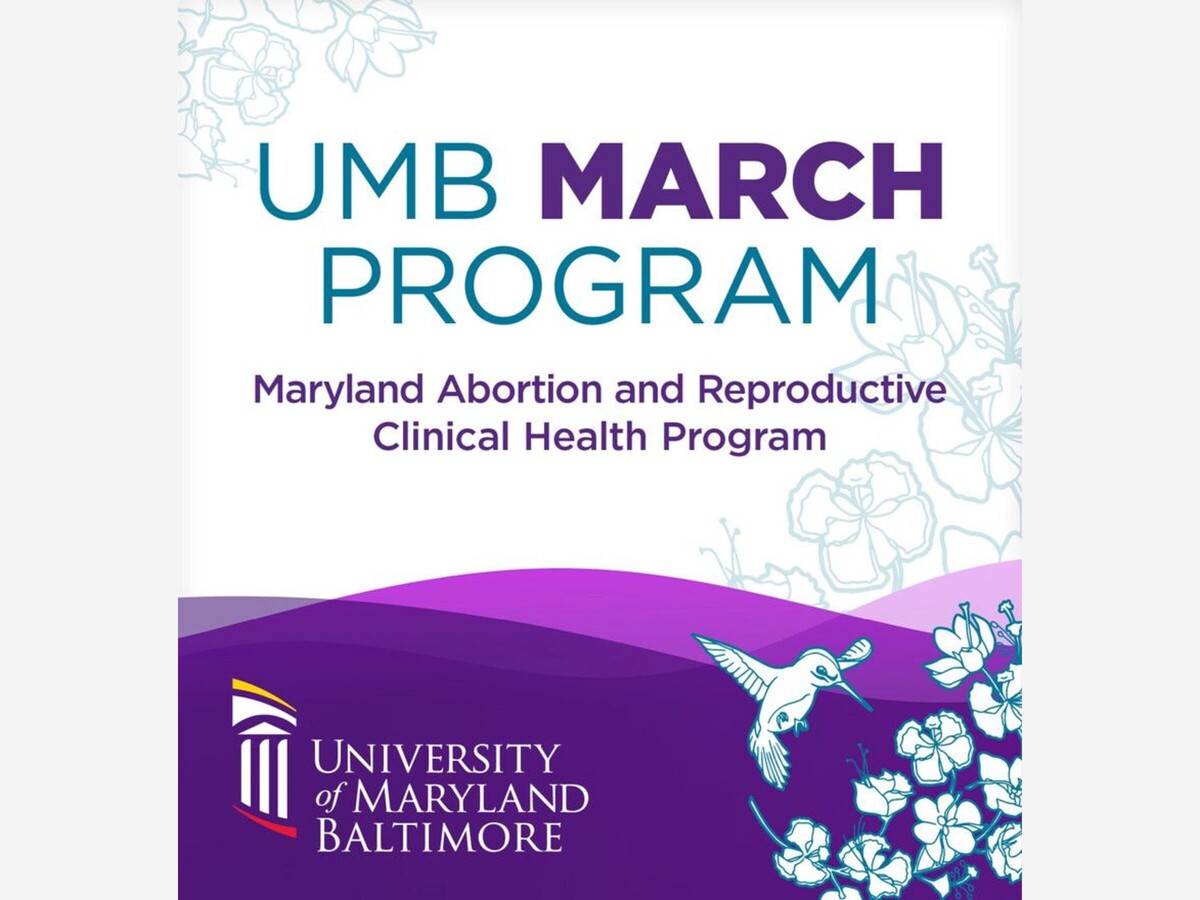Image

U. Maryland abortion program aims to recruit ‘providers of color,’ raising legal red flags
By Rebecca Phillips - Patrick Henry College
The University of Maryland at Baltimore’s Abortion and Reproductive Clinical Health Program, a taxpayer-funded initiative, aims to recruit “providers of color,” prompting concerns from a legal organization about potential civil rights violations.

Launched in 2024 and backed by a $10.6 million grant from the state health department, the university’s MARCH program seeks to expand abortion training for healthcare professionals.
Supported by Democratic Gov. Wes Moore, the program targets abortion “service gaps” in rural and “underserved” areas.
A 2024 report about the program to the Maryland General Assembly, published in March, underscores a core objective: “working to prioritize recruiting providers of color” to better reflect the racial and ethnic makeup of Maryland’s population.
The report also mentions plans for this year to work with a marketing team to “assist in recruiting additional Maryland clinicians,” including “racial and ethnic minority clinicians.”
The MARCH program’s website echoes this, listing a goal to “increase the racial and ethnic diversity among health care professionals with abortion care training.”
The goal comes in response to a “needs assessment” conducted last year by the university and department. It found that Maryland “lacks diversity in profession type and geographic location of abortion providers compared to the general population,” according to the report to the state legislature.
These explicit race-based recruitment efforts raised “red flags” with one civil rights attorney who spoke with The College Fix.
“Giving racial preferences in recruiting potentially is a violation of law,” William Jacobson, law professor at Cornell University and founder of Equal Protection Project, said.
The Equal Employment Opportunity Commission states it is “illegal for an employer to publish a job advertisement that shows a preference for or discourages someone from applying for a job because of his or her race, color, religion, sex… national origin, age (40 or older), disability or genetic information.”
“Any program receiving federal funding must comply with the civil rights laws along with any specific non-discrimination terms of the funding,” Jacobson told The Fix in a recent email. “Such obligations would preclude discrimination on the basis of race, color, or national origin.”
 CAPTION & CREDIT: Images from the University of Maryland at Baltimore website show project goals for its Maryland Abortion and Reproductive Clinical Health program; University of Maryland
CAPTION & CREDIT: Images from the University of Maryland at Baltimore website show project goals for its Maryland Abortion and Reproductive Clinical Health program; University of MarylandThe University of Maryland’s media relations office did not respond to several email inquiries from The Fix over the past two weeks, asking about the program’s recruitment goals and concerns about potential civil rights violations.
In an initial email, the Maryland Governor’s Office defended the program’s diversity efforts. However, it did not respond to a follow up email asking specifically about the legal concerns Jacobson raised.
David McCallister, a spokesman for the governor, told The Fix the program’s achievements include establishing the Maryland Clinical Abortion Training Network with 10 community clinics, launching whole-clinic training initiatives, and planning needs assessments to tailor recruitment for rural clinicians.
The program also aims to expand partnerships with community organizations to further “culturally responsive” recruitment targeting minority groups, he said.
McCallister said these partnerships, which are currently being formalized, will “assist with outreach to ethnic and racial minority communities” and “help guide culturally responsive recruitment strategies.”
He said MARCH saw a 476 percent surge in applications (from 17 to 98 in one year) and has a 93 percent satisfaction rate among trainees.
However, similar recruitment efforts by other higher education institutions have been met with legal complaints in recent months, The Fix has reported.
In March, the U.S. Department of Education’s Office for Civil Rights opened investigations into dozens of universities for alleged “racial preferences” in a PhD program as well as race-based scholarships and segregation.
That same month, the Department of Health and Human Services’ Office for Civil Rights announced probes into four medical schools and hospitals in response to alleged racial and sexual discrimination practices in their education, training, and scholarship programs.